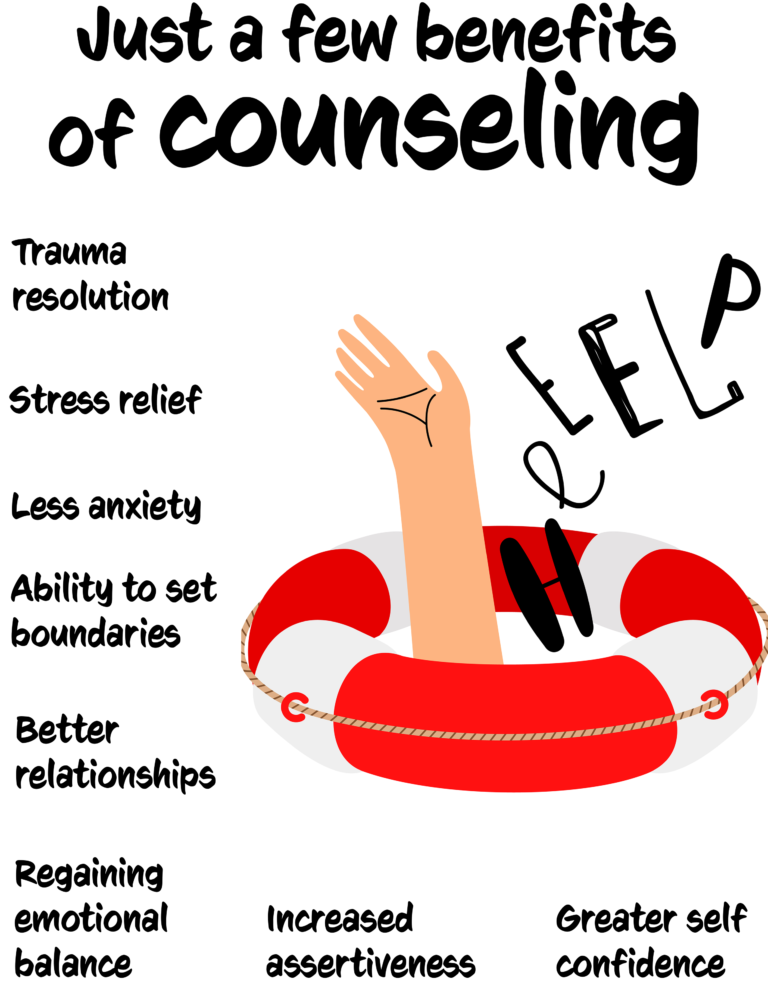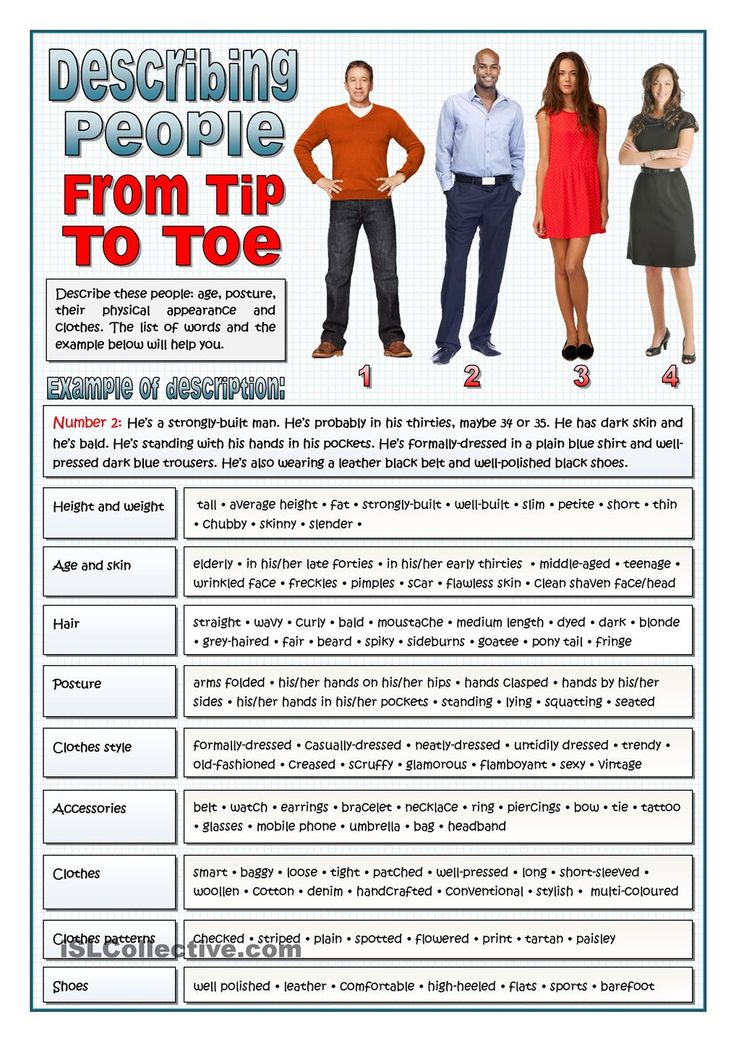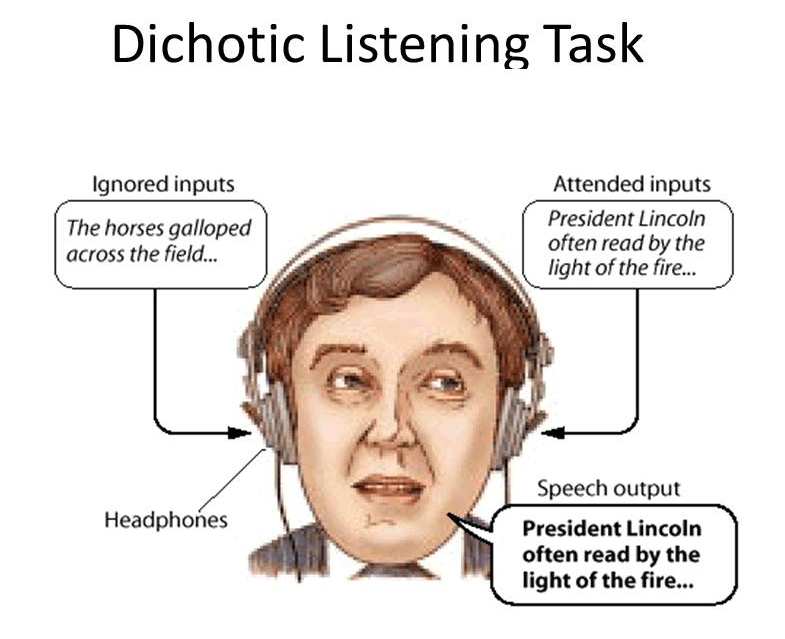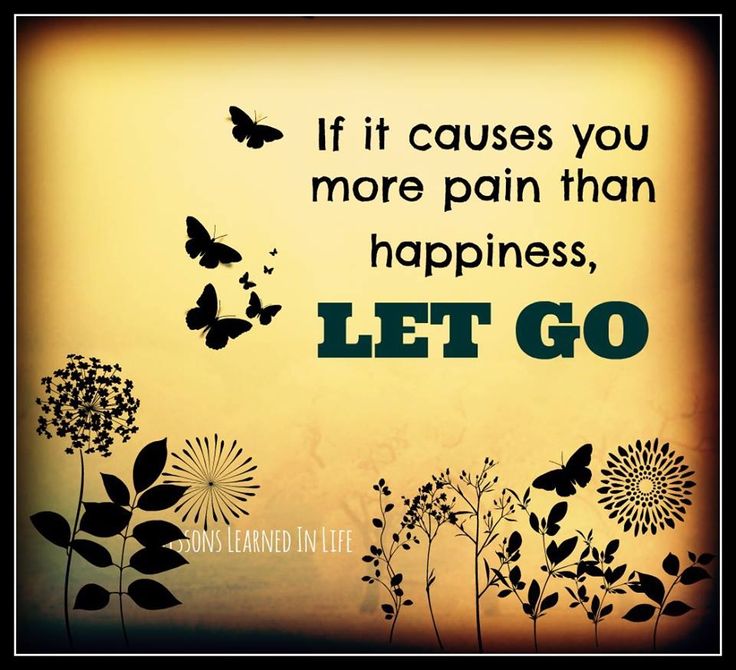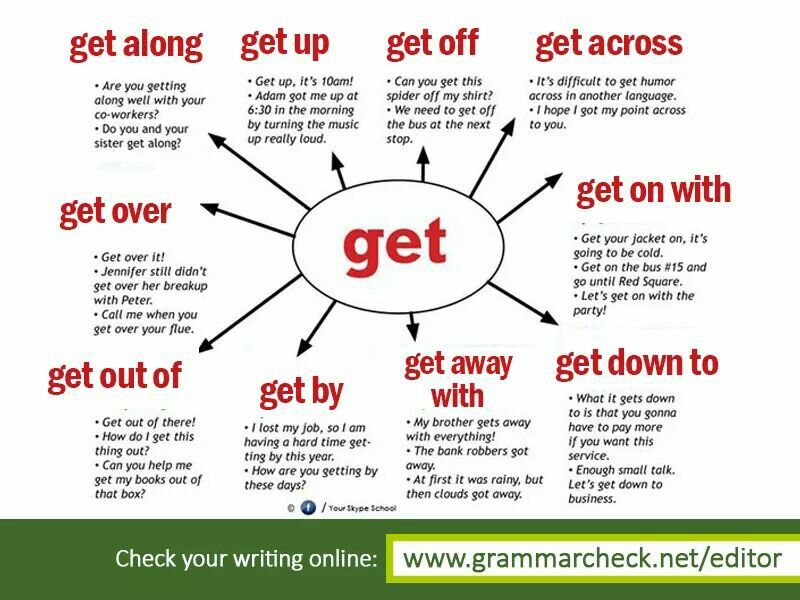Knowledge vs confidence
Group Discussion Ideas : Confidence Vs Knowledge
Introduction to ConfidenceConfidence is all about having a belief in yourself and on your ability to succeed. According to Wikipedia,
“The word confidence comes from a Latin word ‘fidere’ which means “to trust”; therefore, having self-confidence is having trust in oneself.”
It is common for people to have mixed levels of confidence according to the situation that they find themselves in. For example a high paying senior executive may be very confident in her career but in case of dealing with family she faces difficulty.This is how confidence differs from situation to situation.
Introduction to KnowledgeKnowledge is the fact of knowing something. It is the information, understanding and skills that you have gained through learning or experience. Knowledge comes from learning, experimenting, coding information, analyzing and then retaining the information.
An example of knowledge is having the ability to find a location. And remembering details about an event.
GD points over Confidence vs Knowledge- When we have knowledge, we feel confident. More knowledge often increases our confidence level.
- Knowledge is essential to understand and solve problems. Confidence is necessary to take opportunities and to put the knowledge in use. So, both knowledge and confidence are important to achieve success.
- Similarly, confidence without knowledge is not helpful in many circumstances. And sometimes, overconfidence without having the appropriate knowledge results in negative consequences.
- Knowledge alone may not give us success. Even if we have expertise, lack of confidence results in not utilising the knowledge, and hence wastage of resources.
- Confidence alone is not sufficient to maintain success. To sustain success in any field, one must work hard to gain and update the required knowledge.
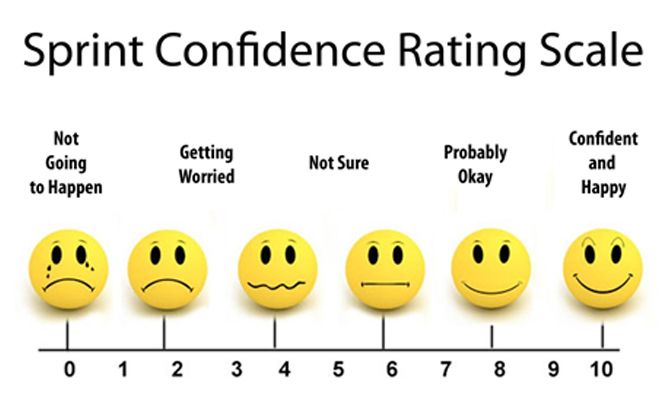
- But in some situations, confidence saves us even if we have no knowledge. For example, in group discussions, if we are confident enough we can understand what other participants are saying and we can manage to form new related points. If we are not confident enough and if we feel panicked, we cannot do so.
- Sometimes more knowledge creates confusion and self-doubt. At that point, confidence helps in taking risks and in trying new things.
- Most of the successful people are confident people or at least they fake confidence to overcome self-doubt. They work hard to increase their knowledge to maintain the level of confidence.
Both confidence and knowledge are essential to make a path to success. They both go hand in hand in every situation. Deprivation of any of them can lead to failure or demotion.
Academics, goal-setting, interaction and most importantly, a sense of community awaits you at Studentgiri!
About Studentgiri
Studentgiri is a platform of the students, by the students and for the students, no matter where you may be. It is here you will find a community of ones like you to interact with, and so much more! Our platform offers students a variety of articles on student life, be it a throwback piece on college or updates on the educational system in the country, we are a one-stop-shop for everything you need.
It is here you will find a community of ones like you to interact with, and so much more! Our platform offers students a variety of articles on student life, be it a throwback piece on college or updates on the educational system in the country, we are a one-stop-shop for everything you need.
Every Student has a Potential
In the world of Social media, the essence of real connectivity is somewhere lost. We help students to connect with each other and learn from each other to become successful and happy in their life.
Connect with US
© 2021 • Studentgiri.com
Knowledge and Confidence — Aspiration and Advisory
Why people who know a lot are always confident, but not vice versa? What are the primary sources of knowledge? How to build a foundation for confidence? The following article answers these and some related questions.
Knowledge is Confidence
No matter how confident you are in yourself, it has a limited impact on the actual situation and communication with the customer.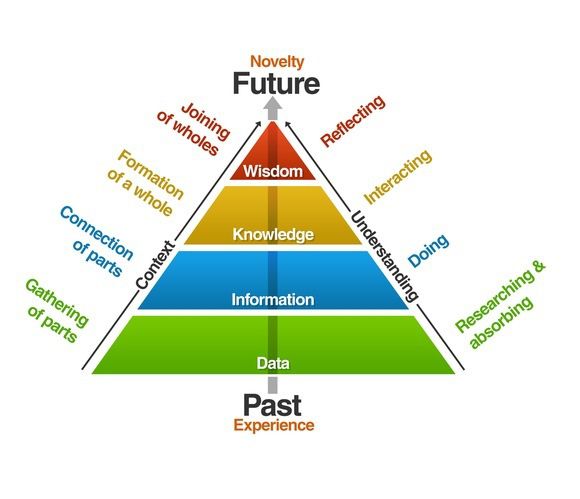 True confidence is not only a feeling but also many other things: understanding of the situation, communication, soft skills, and, most of all, actual knowledge in the area in question. Today we will check what actual knowledge means.
True confidence is not only a feeling but also many other things: understanding of the situation, communication, soft skills, and, most of all, actual knowledge in the area in question. Today we will check what actual knowledge means.
Knowledge is an organized structure of theories, facts, real examples and use cases, and other things that build a complete picture in some specific area. Having the full view of this picture can help resolve multiple issues in different situations, and, consequently, you can share your knowledge with other people. Such an approach is simple, transparent, and efficient.
However, getting this knowledge is not an easy task. Let us check typical sources of knowledge that you should use to build the complete picture.
Primary Sources
The first common source is academic theory. It includes books you have read, the knowledge you gained from training, consulting or advisory sessions, and other places of purely academic knowledge.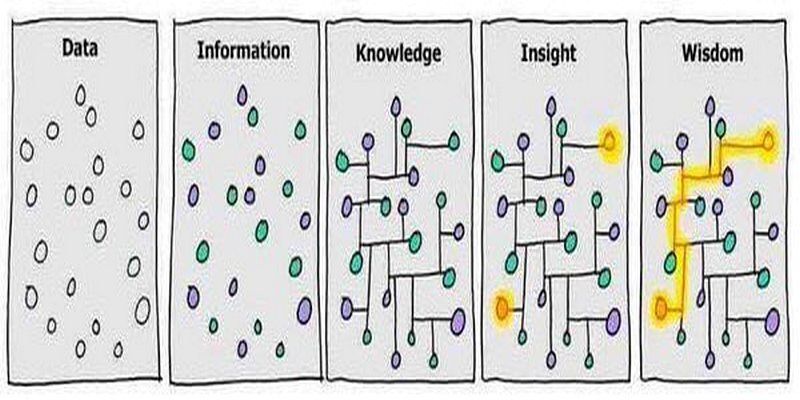
The second typical source is experience. It is what you have tried to make, get some result, and learn from it. Experience includes both positive and negative outcomes, as by doing something wrong, you can also understand what you shouldn’t do.
The third widely used source is the advice of experts. No matter how good you are in some area, there are always people who know more than you. It is worth asking for advice if you want to save time, get an expert opinion on solving the issue and find the shortest and easiest way to achieve the result.
Knowing these sources, we can check how to build a foundation for confidence.
Building a Foundation
When you are confident, you always know what to do, when to do it, and how. But where is this knowledge came from? It is what knowledge gives you in return to spend time learning different things and trying to use them in real life. It is your foundation for confidence, and you have built it yourself!
It is your foundation for confidence, and you have built it yourself!
When you are confident and have enough knowledge, you can share it with others. Sharing shows others your confidence and expertise and spreads the news about you as an expert in some areas. Such an opinion strengthens the confidence of other people in you.
The most crucial trait of a confident person is the ability to deliver an excellent result. In most cases, it is not that important how exactly did you do that and where your knowledge came from. Everybody can validate the result, and if it is good, it also maintains confidence.
When you have knowledge and confidence, you can achieve pretty much anything. Set the goal, get the knowledge, solve the issue, and become confident!
Communication, BusinessYevhen Shyshkinknowledge, confidence, situation, understanding, communication, soft skills, theory, practice, experience, advice, expert, source, foundation, result, sharingComment
0 LikesDunning with Kruger, Socrates and circles of knowledge / Sudo Null IT News
I have long been interested in the topic of knowledge. So I came across Socrates' saying, "I know I know nothing," with the Dunning-Kruger effect. convinced of the truth of these concepts. I saw their relationship. And besides, I got confidence that it is possible to mathematically substantiate the presence of the Dunning-Kruger effect.
So I came across Socrates' saying, "I know I know nothing," with the Dunning-Kruger effect. convinced of the truth of these concepts. I saw their relationship. And besides, I got confidence that it is possible to mathematically substantiate the presence of the Dunning-Kruger effect.
Dunning-Kruger effect
The Dunning-Kruger effect is a metacognitive distortion, which consists in the fact that people with a low level of qualification draw erroneous conclusions, make poor decisions and, at the same time, are unable to realize their mistakes due to their low level of their qualification . nine0003
Below is a simplified graph showing the Dunning-Kruger effect.
The graph showing the Dunning-Kruger effect does not give us any explanation of what is happening. But it only gives us hope that we can get out of the Valley of Despair. The graph is very even and relatively well reflects reality. For use in psychology, such a graph is almost enough. Sometimes he is misleading.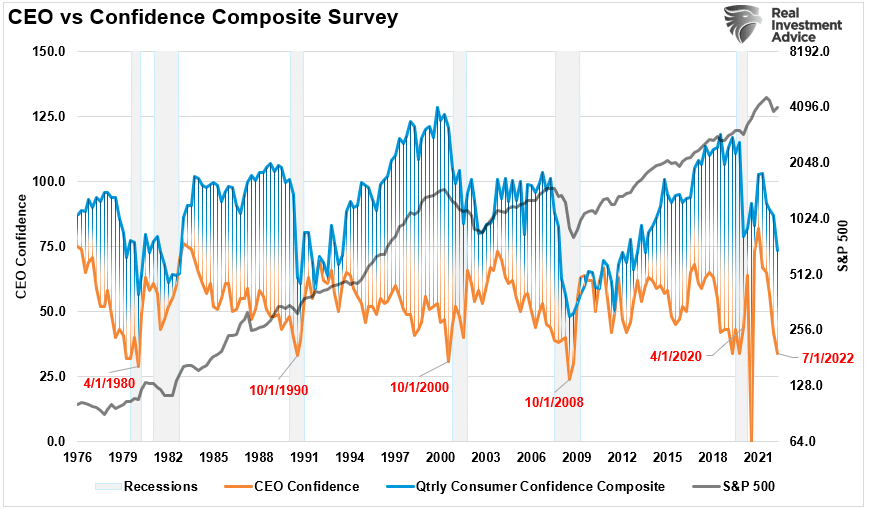 For example, judging by the schedule, once you get out of the Valley of Despair, you will never return to it. In practice, it turns out that you come back more than once. However, such a graph is a good starting point for further research. nine0003
For example, judging by the schedule, once you get out of the Valley of Despair, you will never return to it. In practice, it turns out that you come back more than once. However, such a graph is a good starting point for further research. nine0003
The graph of functions is a mathematical tool and perhaps there is some function that will help us mathematically justify the manifestation of the effect itself.
Socrates
The Dunning-Kruger effect in some way echoes Socrates' saying - "I know that I know nothing."
Similar ideas can be traced in the writings of other thinkers, which those who wish can read for themselves.
The meaning of the expression can be visualized as follows: imagine that all our knowledge is the inside of the ball, and ignorance is the outside of the ball. The more our knowledge becomes, the more becomes the surface area of the ball, and hence our "contact" with ignorance. nine0003
Circles of Knowledge
It seems to me that the reasoning about the ball of knowledge is correct.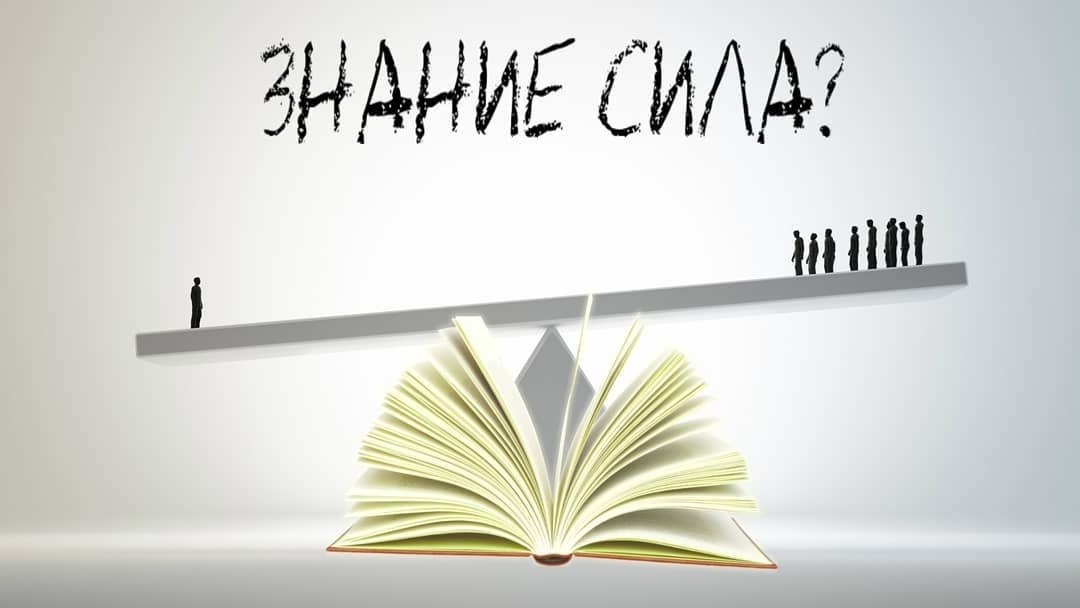 But the term Ball of Knowledge sounds somehow anti-scientific. Let's replace the ball of knowledge with a circle of knowledge. More specifically, circles of knowledge. There are four such circles:
But the term Ball of Knowledge sounds somehow anti-scientific. Let's replace the ball of knowledge with a circle of knowledge. More specifically, circles of knowledge. There are four such circles:
- I know.
- I know that I don't know. The conscious unknown.
- I don't know what I don't know. This is all the knowledge of mankind.
- Absolute knowledge.
Each of the outer circles completely includes the inner circle. nine0003
3rd and 4th circles are the same for all mankind. 1 and 2 circles for each person are individual.
Usually the expansion of the first circle contributes to the expansion of the second circle. Each expansion of the second circle brings us closer to the border of the third circle. If the growth rate of the second circle is much greater than the growth rate of the first circle, a person will inevitably fall into the Valley of Despair on the Dunning-Kruger effect graph.
Mathematical justification of the Dunning-Kruger effect
Let's look at what happens to a person in the process of cognition and how this is related to the Dunning-Kruger effect.
Designations
- K1 = I know.
- K2 = I know that I don't know. The conscious unknown.
- K3 = I don't know that I don't know. This is all the knowledge of mankind.
- D4 = Absolute knowledge.
Beginner
K1 is very small. K2 is slightly larger than K1. nine0003
In the process of learning, K1 grows faster than K2.
Stupid Peak
K1 catches up with K2. K2 is very far from K3.
Valley of Despair
K2 is growing very fast. This happens after switching to large projects from very small ones, attending conferences or starting listening to podcasts.
K1 does not keep up with the increase in K2.
It immediately becomes clear what needs to be done to get out of the Valley of Despair. It is necessary to pump over existing knowledge (K1). You can limit the growth of K2. This should be done consciously if you are absolutely uncomfortable in the Valley of Despair.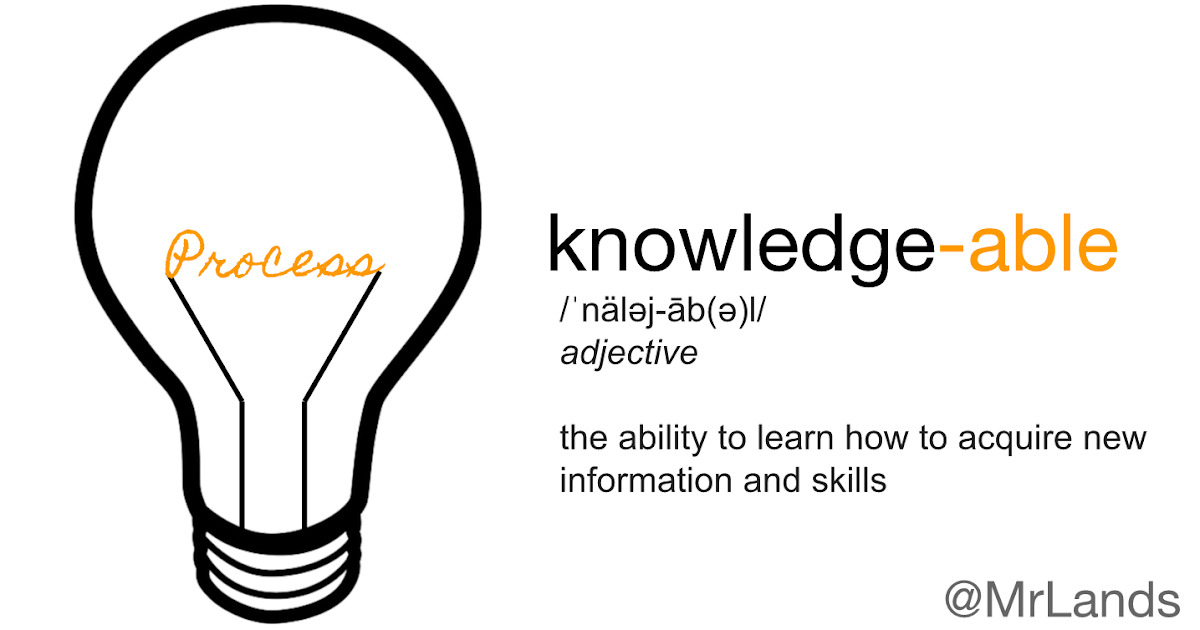 Personally, I'm comfortable referring to Socrates and staying in the Valley of Despair. nine0003
Personally, I'm comfortable referring to Socrates and staying in the Valley of Despair. nine0003
It must be understood that even in this valley there is no stagnation. The volume of your knowledge is still growing. But the conscious unknown is also growing (K2). Feels like you are staying in this valley. However, keep developing. And then K1 will start to catch up with K2 and get out on the Slope of Enlightenment.
Slope of Enlightenment
K1 grows faster than K2.
Here's what you need to do to make K1 grow faster than K2:
- Start researching your field more intensively. nine0034
- Choose a narrower specialization.
- Limit K2 growth
- stop listening to podcasts;
- stop attending conferences;
- downshifting.
Methods 1-2 are good. Method 3 should be used in the presence of psychological problems.
Plateau of Stability
K1 catches up with K2.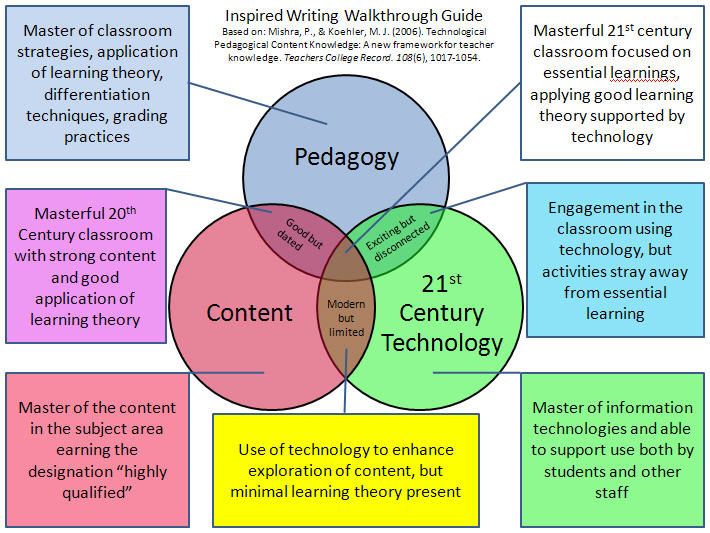 This has already happened to us at the Peak of Stupidity.
This has already happened to us at the Peak of Stupidity.
The Plateau of Stability differs from the Peak of Stupidity only in the ratio of K2 and K3. At the Plateau of Stability, K2 should be very close to K3. However, this is not easy to recognize. Indeed, at the previous stage, the growth of K2 was very limited. Look carefully around. nine0003
Correct graph of self-confidence
This graph shows the dependence of confidence on one's own knowledge. It is similar to the Dunning-Kruger effect, but there are differences.
Suppose that confidence in knowledge is equal to the ratio of the volume of one's own knowledge to the volume of knowledge of the second circle (K1/K2). Both parameters change over time.
Lines on the chart:
- The blue line shows confidence in one's own knowledge. nine0034
- The red line shows the size of the second circle of knowledge.
- The green line shows the difference between the volume of knowledge of the second circle and the volume of own knowledge (K2-K1).
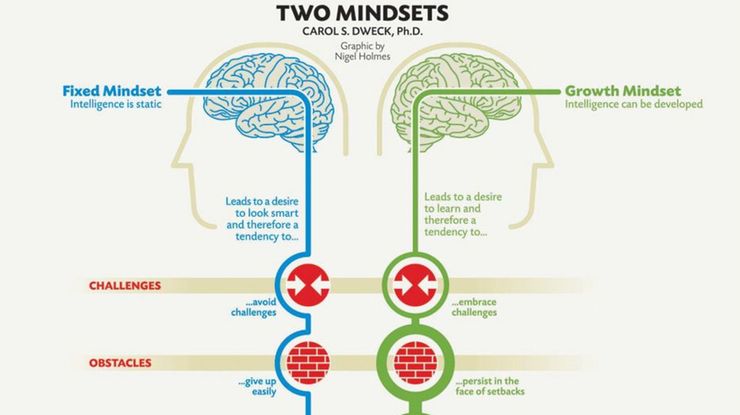
You can look at the table with the data and the graph here.
Output
The function of self-confidence looks like this:
Self-confidence = K1/K2.
Where K1 is your own knowledge, and K2 is the conscious unknown.
It is possible to get out of the Valley of Desolation. But you can go back there and again with more knowledge than the first time. nine0003
The people who actually move science forward are permanently in Desolation Valley because they have...
What is the Dunning-Kruger effect? — Personal experience on vc.ru
Hello everyone! Today I would like to tell you about the Dunning-Kruger effect.
43 201 views
Ignorance breeds confidence more often than knowledge.
Charles Darwin
In April 1995, MacArthur Wheeler splashed lemon juice on his face and robbed two banks in Pittsburgh. He argued that lemon juice makes his face invisible to cameras, just like lemon juice is used as invisible ink. He even claimed to have successfully tested the idea with his own Polaroid camera before the robberies. Of course, it was complete nonsense, and he was caught by the police very quickly. "But I carried juice," he said, bewildered when the officers showed up at his house. nine0003
He even claimed to have successfully tested the idea with his own Polaroid camera before the robberies. Of course, it was complete nonsense, and he was caught by the police very quickly. "But I carried juice," he said, bewildered when the officers showed up at his house. nine0003
Wheeler was originally thought to be a common deranged criminal. He was even included in the 1996 World Almanac for being one of the dumbest criminals. But David Dunning, professor of psychology at Cornell, and Justin Krueger, one of his graduate students, realized that this was a perfect example of a now common phenomenon known as the Dunning-Kruger effect.
What is the Dunning-Kruger effect?
Simply put, it is the tendency of people to misjudge their abilities. People with less than average ability tend to overestimate their true ability, while people with higher than average ability tend not to realize how much better they are. That is, some people are too stupid to realize how stupid they are, while smart people think that most of them can do their best.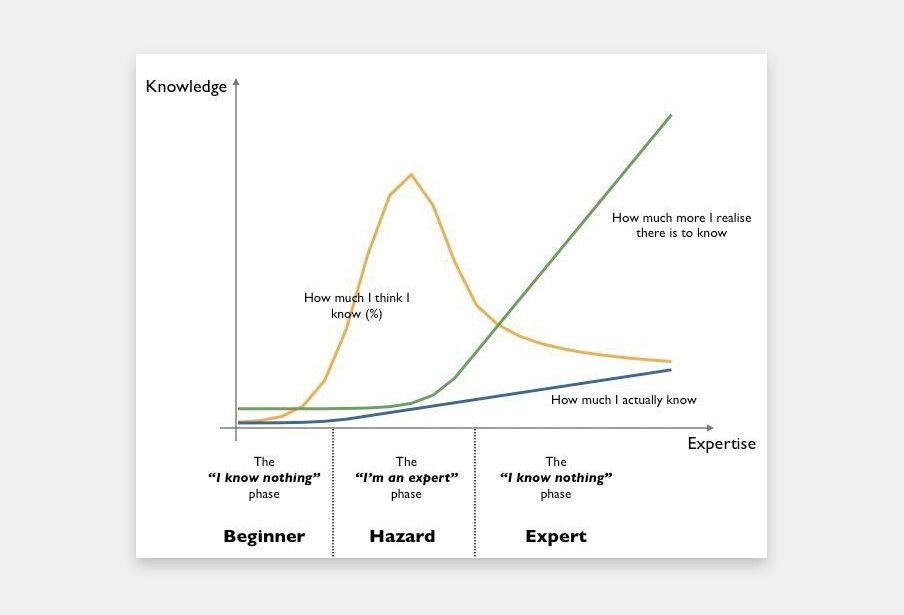 nine0003
nine0003
In their 1999 study entitled "The Unskilled and the Uninformed: How Difficulties in Recognizing One's Incompetence Leads to Inflated Self-Assessments," Dunning and Krueger argued that "the misjudgment of the incompetent comes from a mistake about the self, while the misjudgment
Their first experiment divided participants into four groups to compare their self-assessments with their ability to understand logic, humor, and grammar. Based on their results, they provided the graph below, which appears to be true for different groups and different subjects. nine0003
In the lower left corner, a person's competence is zero, as is self-confidence. However, as one learns a little about the subject, confidence increases substantially. As the person continues to learn the basics, their confidence peaks as they consider themselves to be one of the few who understand the topic. This peak is often called Mount Stupidity. The problem, however, is that the more one learns about a subject, the more one is able to see how complex it really is.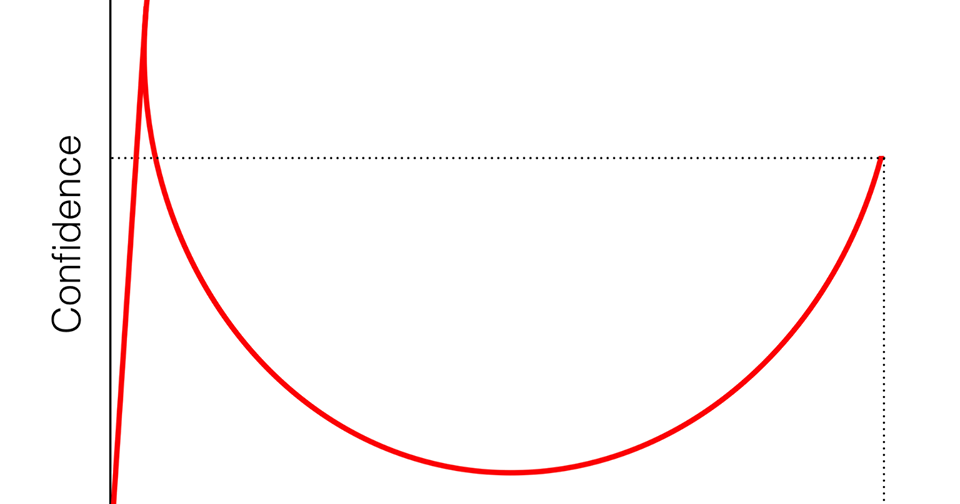 As you can see from the chart, confidence drops sharply. The situation when qualifications increase and confidence falls is called the Valley of Despair. Fortunately, confidence begins to grow, and the person climbs the slope of Enlightenment as he masters the subject. nine0003
As you can see from the chart, confidence drops sharply. The situation when qualifications increase and confidence falls is called the Valley of Despair. Fortunately, confidence begins to grow, and the person climbs the slope of Enlightenment as he masters the subject. nine0003
The loudest is usually found on the mountain of stupidity.
Unfortunately, those who speak the loudest are often the most confident and the least competent. For example, "wise men" on both sides of the political spectrum talk for hours on topics they know little about. They usually talk endlessly about science, economics, foreign policy, medicine, and so on. What are the chances that they are experts in all of these areas, let alone one of them? Then where do they get such confidence from? Yes, they suffer from the Dunning-Kruger effect. Similarly, politicians like to present themselves as experts when they know very little. It's also common on social media, where people share their ideas like they're experts.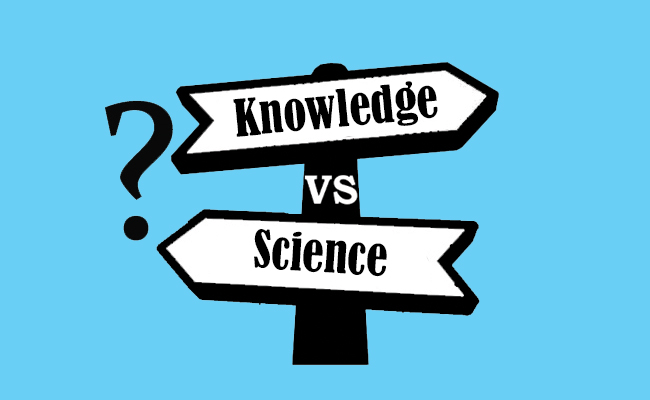 In fact, many of them have only read one or two articles, seen another user's video, or skimmed through the comments. They exchange apparently nonsensical ideas, sometimes spreading potentially dangerous, incorrect information. On the other hand, the more educated, the quieter. Those in the Valley of Despair feel like cheaters. For some reason, despite a lot of evidence to the contrary, some of those who are on their way to mastering the subject feel that they are not really that educated. This is common among graduate students, as they experience high rates of depression even though they know much more about their chosen field than the general population. nine0003
In fact, many of them have only read one or two articles, seen another user's video, or skimmed through the comments. They exchange apparently nonsensical ideas, sometimes spreading potentially dangerous, incorrect information. On the other hand, the more educated, the quieter. Those in the Valley of Despair feel like cheaters. For some reason, despite a lot of evidence to the contrary, some of those who are on their way to mastering the subject feel that they are not really that educated. This is common among graduate students, as they experience high rates of depression even though they know much more about their chosen field than the general population. nine0003
Society and anti-science movement.
Perhaps the biggest threat to society is the growing anti-science movement fueled by the Dunning-Kruger effect. Those on Mount Stupidity have the most influence, often support candidates for anti-scientific organizations, and intentionally or unintentionally spread false information. Because of this, public confidence in science is alarmingly low.
Because of this, public confidence in science is alarmingly low.
According to the Pew Research Center: "As of 2019
In an article published in PLoS Biology, Peter Hortz argues that over the past decade, many areas of science such as climate change, air pollution, evolution and immunology has been attacked.Even the whole field of geology has been targeted, as it contradicts the belief of some that the earth is only a few thousand years old, not 4.5 billion years.
And how can a society function if so many people oppose basic science "Science makes society possible. Science gives us electricity, clean water, medicine, etc. Attacking science is like trying to destroy the modern world."0003
Hortez believes that the fight against such movements, in particular against vaccination, requires a better dialogue with the public. He said: "Too often bachelors and masters, as well as undergraduate and graduate students, quickly realize that media activities or public participation are unwanted distractions.


